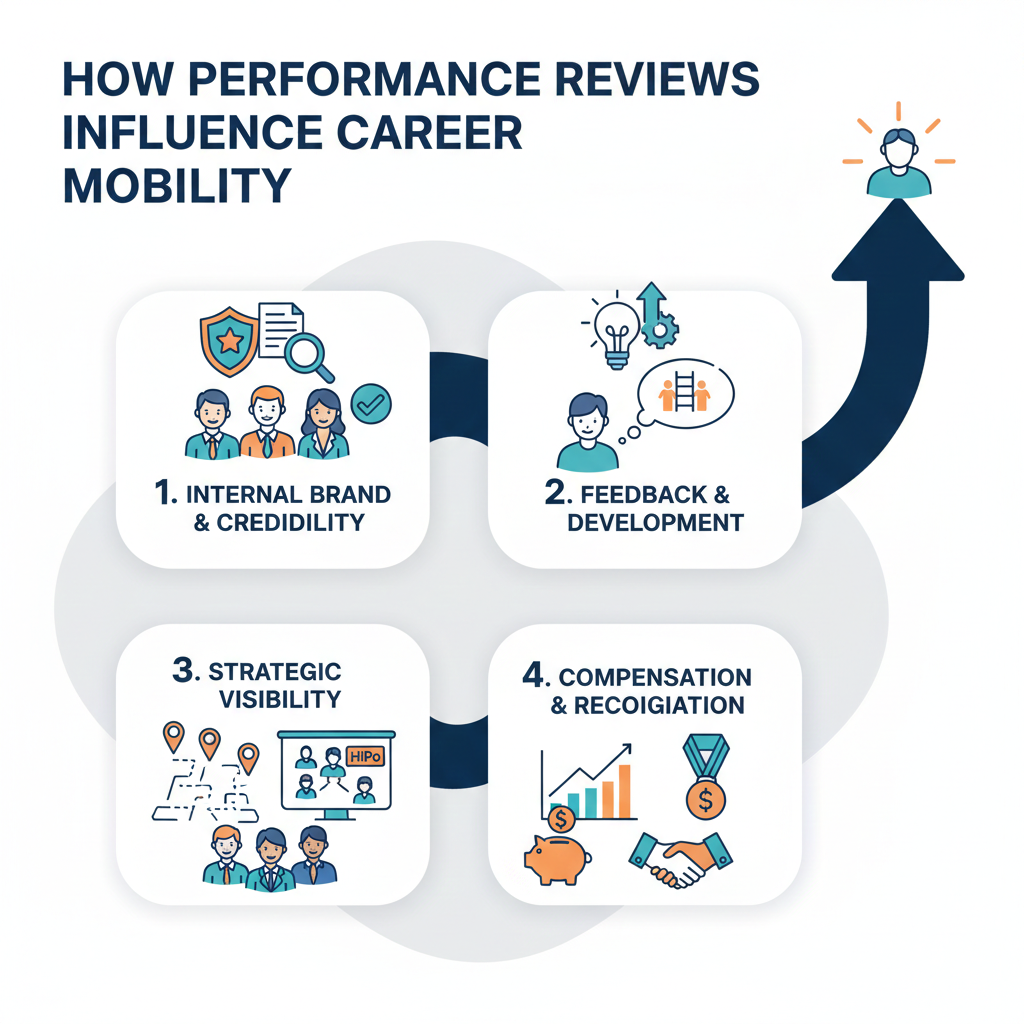Introduction
Python developers are software professionals who create application website, automation scripts, or data-driven solutions using the programming language. Developers use Python in multiple fields such as web development, data science, Artificial Intelligence, and machine learning because of the simplicity and versatility of Python.
After 2020, remote work is no longer a trend; it has become normal. Because of the pandemic, People felt that tech jobs, especially programming roles, could be managed efficiently without being present in the office. Companies have made their hiring models flexible and are now hiring talent globally. It has increased remote job opportunities for Python developers worldwide.
- Python is one of the top 3 most popular programming languages in 2025.
- According to the Stack Overflow developer survey, the demand for Python developers is growing 20-25%.
- In remote jobs, the average salary of Python developers is equal to or sometimes more than traditional office-based roles.
Read the summary of this article here.
What are the Work of Remote Python Developers?
A Python developer is a software professional who works on different projects with the use of the Python programming language. Their responsibilities are broad such as,
- They develop a web app and write backend code that handles data.
- Clean, analyse, and visualise data. Create reports and a dashboard that provide insights to the business.
- Create AI tools such as a recommendation system, chat board, or image recognition.
- Automate repetitive tasks such as sending emails, scraping data, and file handling.
- Deploy applications on AWS, Azure, GCP.
- Writing documentation and working with a remote team on Trello, Slack, and Jira.
Why Python Developers Are in High Demand?
- Versatility of Python
Python is a programming language that is used in multiple fields, whether it is in data science and machine learning or for automation stripes and fintech applications, Python is used in every role. The demand for Python developers is growing in every industry because of this versatility.
- Popularity across startups and Enterprises
Startups like Python because it helps to build prototypes and scalable applications quickly. On the other hand, big Enterprises also use Python for data analysis, AI projects, and backend systems. It means whether you work for a small startup or an MNC, the scope of Python is equal everywhere.
- Low barrier to entry and wide community support
The syntax of Python is simple and beginner-friendly, which is why new programmers learn it easily. Also, Python has a big global community that provides solutions to every problem, tutorials, and open source libraries. This is a strong ecosystem that helps developers to upskill quickly, and skilled talent is available easily for the company.
That’s why the demand for Python developers is increasing every year, whether for remote Jobs or on-site roles.
Top Remote Job Roles for Python Developers
1. Web Developer for Python Developers
Python developers are in high demand for web development. Developers create scalable and secure websites with the help of frameworks like Django and Flask. Fast API is a modern framework that is used to create high-performance APIs. The work of remote web developers involves writing backend logic, creating an authentication system, and designing APIs that can interact with the front-end.
2. Data Scientist / Data Analyst
The role of a data scientist is very important in today’s digital era. The work of Python developers is data cleaning, data visualization, and predictive modelling. They create valuable insights for companies with the use of tools such as Pandas, Seaborn, Numpy, and Machine learning. You can do data analysis for any company with the use of remote.
3. Machine Learning Engineer
Machine learning engineers state the demand for Python to the next level. They creates AI-based solutions such as recommendation systems, fraud detection algorithms, speech recognition, and self-driving technology. They use libraries such as TensorFlow, PyTorch. Remote machine learning engineers train and optimize their models and deploy them in a production environment. It is a high-paying and futuristic role which are in high demand at the global level.
4. Automation Engineer
Many companies want to automate repetitive manual tasks to save time and cost. Python developers write script that sends emails automatically, processes files, and crafts data from the website. Testing automation is also an important part where Python frameworks are used. A remote automation engineer creates a CI/CD pipeline with the help of the DevOps tool and makes software delivery fast and bug-free.
5. Backend Developer
The responsibility of backend developers is to make the ‘brain’ of an application. In this role, Python developers create APIs that do data exchange between the front-end and the database. They work with relational databases and NoSQL databases. Security is also a major responsibility of remote backend developers, where they handle authentication, authorization, and data encryption.
6. AI / Deep Learning Specialist
Artificial Intelligence and deep learning are the most advanced and in-demand fields of Python. AI specialists develop computer vision, NLP, and deep neural networks. They use libraries such as Tensorflow, PyTorch, and Keras for this. For example, creating an AI model for a healthcare company to analyze MRI scans and detect diseases. Remote AI developers work on innovative projects for international companies as well and their salary is also high.
Skills Required for Remote Python Developers
- Core Python Fundamentals
Firstly, your Python basics must be strong, such as variables, loops, functions, error handling, file handling, and OOPs concepts. These foundations will work in every domain.
- Python Frameworks and Libraries
Demand for Python is due to the frameworks and libraries. Remote Python developers need to be hands-on in this.
- APIs
Remote developers should know API development and integration. The common requirement is that they should know how to create and connect REST and GraphQL APIs.
- Cloud Platform
Many companies run their projects on the cloud. That’s why remote Python developers should know how to deploy apps on the Google Cloud and Azure. And they should also know how to integrate cloud services.
- Version Control
Collaboration is most important in remote work. Teamwork is almost impossible without Git and GitHub. These tools help you to share code reviews and track changes.
- Communication and Collaboration Tool
A remote Python developer should have commination skills. Tools like Slack, Trello, and Jira help you stay connected with your team. It ensures that your project is smooth and complete within deadlines.
Overall, to become a successful Python developer, you not only need skills, but also master cloud API versions, control, and communication tools.
Best Platforms to Find Remote Jobs for Python Developers
Best Job Tool
It is the best job search platform to find relevant jobs according to your skills and interests. It is a dynamic job search platform dedicated to connecting talented individuals with leading employers across various industries.
Key features :
- Has a user-friendly interface.
- Provide comprehensive resources to help job seekers find their ideal roles.
- Offer detailed job descriptions, including responsibilities, qualifications, and requirements.
- Ensure candidates have all the information they need to make informed career decisions.
- You get the opportunity to work with a global client.
Explore top job opportunities and advance your career with Best Job Tool.
Remote OK
A simple and user-friendly site that lists tech-focused remote jobs, perfect for developers, designers, and digital marketers.
Key features:
- Remote ok is only for remote jobs – no office jobs.
- You can see all types of jobs: full-time, part-time, freelance, and contract.
- It is a perfect tool for developers, designers, and digital marketers.
- It’s a free platform. Job seekers do not have to log in or subscribe to use it.
- Jobs are checked manually on the platform to avoid scams.
We Work Remotely
One of the largest job boards dedicated to remote jobs. It features roles in design, programming, marketing, and more.
Key features:
- This platform is only for remote jobs; you will not find any office jobs. All jobs are 100% remote.
- You can work worldwide from anywhere.
- You don’t have to sign up or pay money to apply for any jobs.
- You can save any jobs to see later and to apply to later.
- Set up email alerts to get notified when new jobs in your field are posted.
The first one is LinkedIn. It is a professional networking platform where people create their professional profiles to showcase their skills, experience, and achievements. This is the best platform for finding professional jobs.
Key features:
- You can connect with the industry experts, recruiters, and professionals.
- You can use your LinkedIn profile as a digital resume.
- You can see all the information about the company and its job openings by following them.
- You can improve your skills through LinkedIn learning courses.
- Find full-time, part-time, remote, and freelance jobs. Set up job alerts based on your interests and location.
Flex Jobs
A trusted platform that offers hand-screened remote, part-time, and freelance jobs across various industries. It’s ideal for professionals looking for flexible work options.
Key features:
- All jobs get checked manually on FlexJobs – no scams, only trusted and genuine job.
- You can easily search for jobs according to location, type, schedule, and industry with the help of a filter.
- Here you can mostly find remote, hybrid, part-time, and freelance jobs.
- You can create your professional profile and resume. You will get suggestions to improve your resume.
Conclusion
The demand for Remote Python Developers is increasing day by day because Python is a language that is used everywhere from web development to AI, data science, and automation. Remote work has given developers a golden opportunity to showcase their skills and work with global companies without even stepping out of their homes.
If you are already a Python Developer or aspiring to become one, start strengthening your fundamentals, build a solid portfolio, and begin applying on remote platforms. The future of remote work is bright, and Python can be your ticket to enter that future.







Leave a Reply